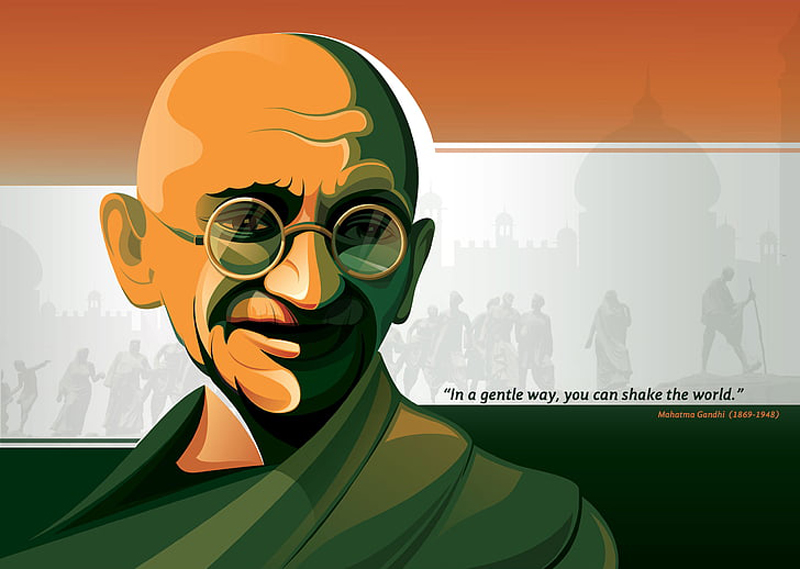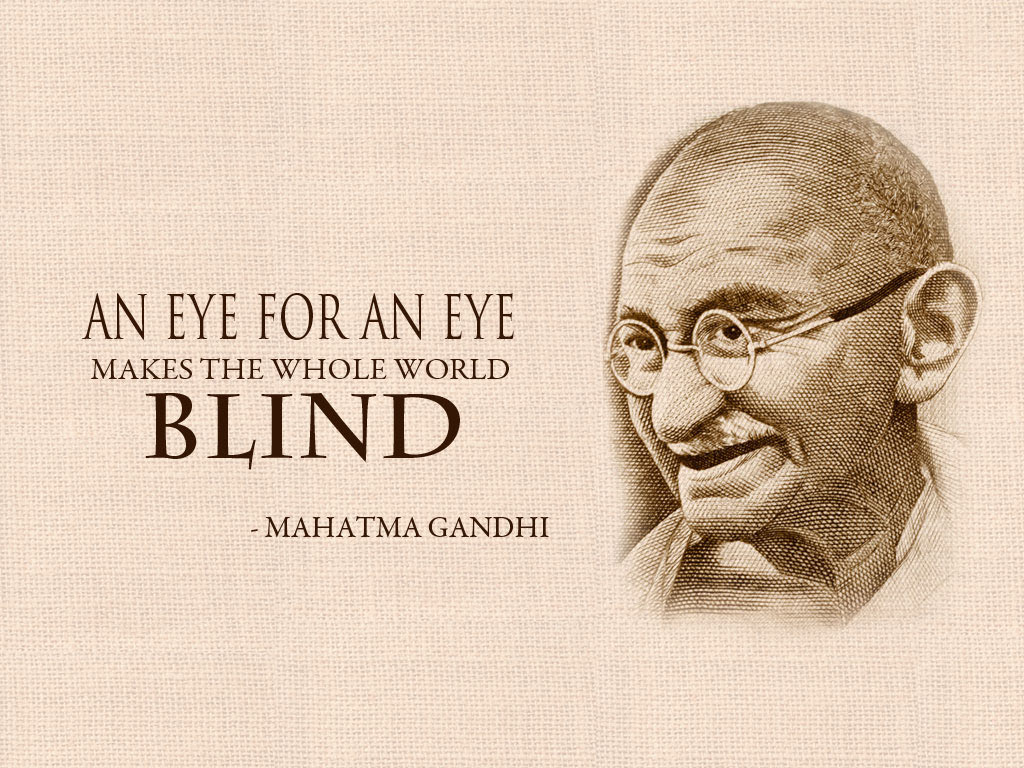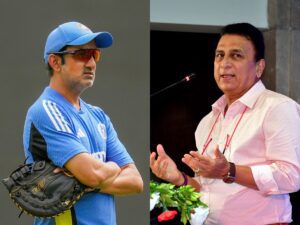Mahatma Gandhi, born on October 2, 1869, in Porbandar, India, led a life that left an indelible mark on the world. He is best remembered as the Father of the Indian Nation and the proponent of non-violence, a philosophy that would inspire movements for civil rights and freedom worldwide.
Gandhi’s journey began as a lawyer in London, where he studied law. Later, he moved to South Africa, where he confronted racial discrimination firsthand. These experiences ignited his activism, and he started championing the rights of the Indian community in South Africa. It was here that he first employed the principles of non-violent resistance, which would become his lifelong creed.
Also Read: नागपुर: भैंस ने निगली सोने की चेन, सर्जरी करके निकाली गई
Mahatma’s Leadership in the Indian Independence Movement:
Upon his return to India, Gandhi emerged as the leader of the Indian National Congress and began the fight for India’s independence from British colonial rule. His pivotal role in the Salt March, a 240-mile march to the Arabian Sea in protest of the British salt monopoly, garnered global attention and strengthened the Indian independence movement.
Gandhi’s life was characterized by numerous acts of civil disobedience, including his commitment to the Swadeshi movement, which promoted self-sufficiency through the use of khadi (hand-spun cloth) and boycott of British goods. He urged Indians to peacefully resist unjust laws and oppressive policies.
Also Read: Simple DIY Home Hacks to Make Life Easier

A Call for Unity and Religious Tolerance:
His commitment to non-violence was not limited to political struggles; it extended to social reform. He championed the cause of untouchables (Dalits) and fought against the caste system. Gandhi believed in equality and worked tirelessly to bridge the gaps in society.
Also Read: Delhi Rs 25 Crore Heist: 3 Accused Arrested, Some Gold Recovered
Non-violence is the greatest force at the disposal of mankind. It is mightier than the mightiest weapon of destruction devised by the ingenuity of man. Destruction is not the law of the humans. Man lives freely by his readiness to die, if need be, at the hands of his brother, never by killing him. Every murder or other injury, no matter for what cause, committed or inflicted on another is a crime against humanity.
In 1947, India finally gained independence, but Gandhi’s work was far from over. He sought to unite a divided nation and advocated for religious tolerance. Tragically, his life was cut short when he was assassinated on January 30, 1948. He was assassinated by a Hindu nationalist who opposed his views on religious coexistence.
Also Read: Mahatma Gandhi: The Iconic Leader Whose Life Held Surprising Secrets
Gandhi’s Enduring Influence:
Mahatma Gandhi’s legacy lives on through his powerful quotes and his principles of truth, non-violence, and love. His life serves as a testament to the power of peaceful resistance in achieving social and political change. His influence has extended far beyond India’s borders, inspiring figures like Martin Luther King Jr. and Nelson Mandela in their quests for civil rights and justice.
In conclusion, Mahatma Gandhi’s life was a journey of unwavering commitment to justice, non-violence, and the betterment of humanity. His story continues to inspire generations, serving as a reminder that change can be achieved through the strength of character and the power of peaceful resistance.
Also Read: Asian Games 2023: विथ्या रामराज ने की पीटी उषा के नेशनल रिकॉर्ड की बराबरी











More Stories
Box Office: दर्शकों को पसंद आया टॉम क्रूज का एक्शन, जानें ‘मिशन इंपॉसिबल 8’ और बाकी फिल्मों का कैसा बीता संडे
Indirect Dig At Gautam Gambhir? Sunil Gavaskar Makes Explosive KKR Comment
Officials Recommend Metro Act, Parking, and Revenue Changes